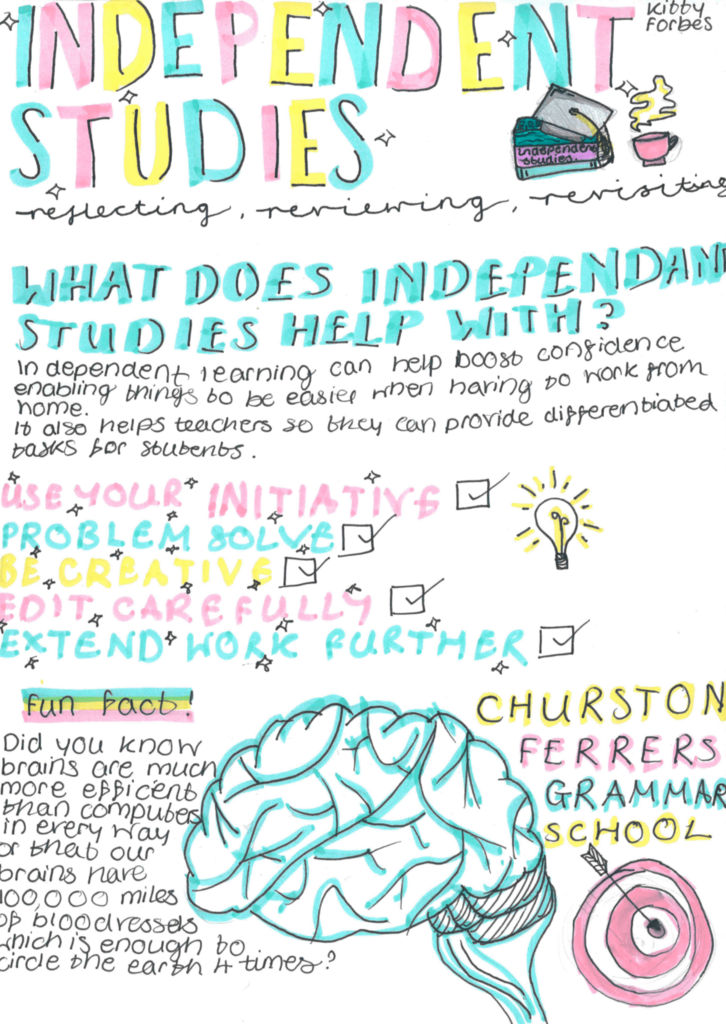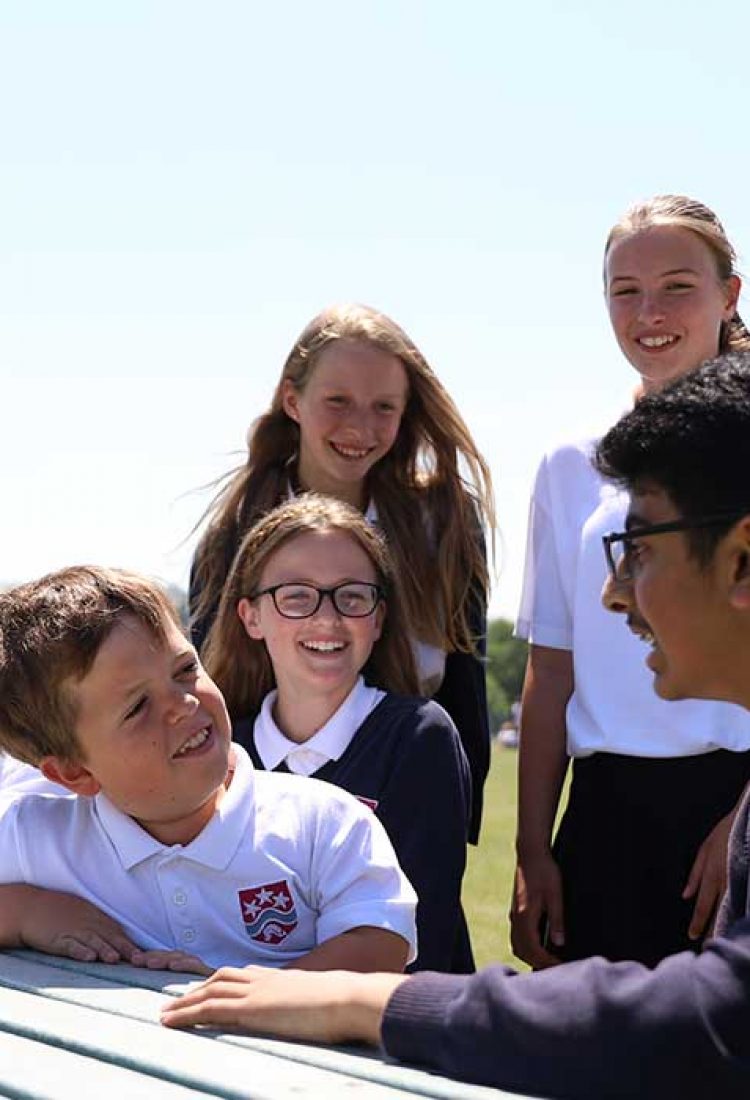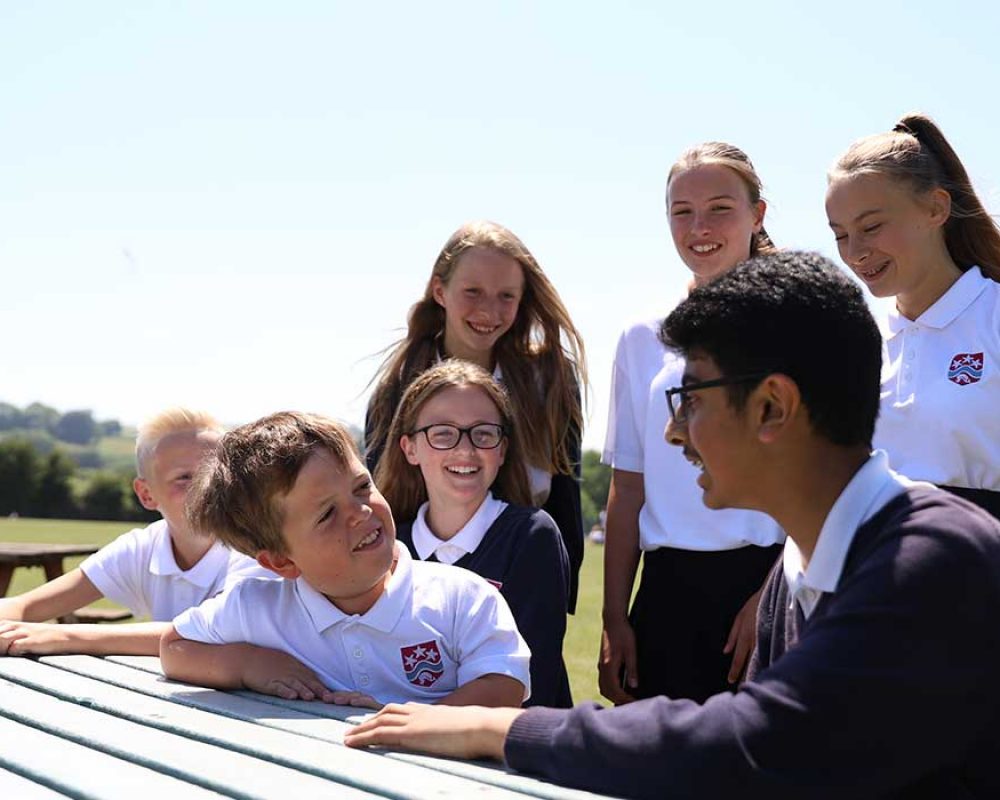Subject Lead: Mrs Lea is the subject lead for the Independent Learning course as well as Teacher of Biology.
Welcome:
Independent learning is an exciting, new subject at Churston that has been designed to encourage students to develop into self-motivated, reflective and critical thinkers. When developing the course, we wanted to develop our students’ academic skills, improve the quality of student experience and upskill all students, particularly those students facing disadvantages. The course is different to most other academic subjects in its focus on student-led learning, where the teacher takes on the role as a facilitating adult in the room as opposed to a deliverer of knowledge. Independent learning lessons will challenge and enthuse students and will encourage a true love of learning.
The aims of the course are threefold:
- Students are guided in developing the skills required to become confident, independent learners.
- Lessons are structured to allow students to acquire the knowledge, skills and cultural capital they need to succeed at school and in life.
- Students are encouraged to discover their unique potential and develop personal interests.
Churston students will be developing their digital, written and study skills, carrying out problem-based learning, developing their revision technique and carrying out a structured independent project that will allow them to explore an academic topic of their choice. Through the independent learning course, students will have the chance to explore a number of fascinating subjects, learn about issues surrounding social justice and sustainability, enrich their cultural knowledge and develop key skills that will equip them for a successful future.
Teachers of the course are chosen from across the school to facilitate whole-school engagement in the independent learning programme. The designers of the course have hailed from both science and humanities backgrounds, and as such the course has been shaped by a range of complementary approaches to education. We are proud to have developed a new, research-backed subject that will enthuse and challenge our students.
What we do:
Independent learning lessons are held once per week throughout Year 7 and Year 8 and are delivered through a rich collection of resources that students access from chromebooks or desktop computers. Lessons are designed to develop key skills while offering students the chance to enhance their cultural capital by engaging with key thinkers, intellectual movements, scientific concepts and other important ideas that influence their world. To give some examples:
- When experimenting with different methods of recording information, students will be offered the opportunity to choose a topic to explore, such as impressionist art or Alfred the Great.
- Students will research a key social or environmental issue that they care about in order to give a speech to the class, developing written skills and oracy.
- Another example involves students being given the freedom to lead their own investigation into an academic field of their choice, mirroring the extended project qualification in the sixth form.
Lessons are delivered with the help of a facilitating teacher, but unlike ordinary ‘taught’ lessons, students direct their own learning at their own pace and so are encouraged to be as independent as possible. In addition to the facilitating teacher, sixth form volunteers are invited to act as further support in lessons. In an average lesson, students enter the room and sign into Chromebooks or desktop computers, log into the Independent Learning Google Classroom and begin working through specified tasks at their own pace. The focus in lessons is not on the production of work, but on the learning itself. Often there may be a short introduction by the teacher, explaining the motivation behind the tasks, but the atmosphere is kept in such a way that students are fully responsible for their own progression.
The sequence of lessons allows students to steadily progress through the course, building on prior skills and knowledge to show progression. For example, the first half term for Year 7 focuses on digital skills that will allow students to interact with future lessons that require spreadsheets (e.g. mathematics, geography, computer science) and word documents (e.g. history). In Year 8, a half term on advanced digital skills promotes further progression. Lessons are designed with input from teachers from across the school, from useful resources to video recordings where staff share specific skills. Lessons involving how to use spreadsheets, how to interpret data and website design all help to promote key skills that will prove essential in students’ futures and careers.
Assessment of learning is done by the student in the first instance, with each lesson featuring a chance for metacognitive reflection on the learning process. Secondary to this student-led assessment is the facilitating teacher, who circulates the room during the lesson and makes use of classroom management techniques to promote progress. Through using Google Forms, students rate their own progress, effort, understanding and independence alongside answering some questions on the content of the lesson itself. Other activities involve students giving one another feedback on their progression through the lesson activities. We hope that this will allow students to develop into confident, reflective, independent learners.
| Year 7 | Year 8 | |
| Autumn 1 | Digital skills | Advanced digital skills |
| Autumn 2 | Study skills | Biomimicry team project |
| Spring 1 | Written skills and oracy | Advanced written skills |
| Spring 2 | Revision techniques | Revision revisited and extended project |
| Summer 1 | Mini project | Extended project |
| Summer 2 | Review. reflect, budgeting and finance |
Reflection on progress |
What we achieve:
The impact of the course can be measured in a number of ways, not least of which is in students’ improved confidence and independence in working through their other school subjects. Students are also encouraged to work collaboratively in solving problems, which has led to students supporting one another in reaching common goals. Teachers have commented favourably on how students are more able to complete tasks independently and thus achieve greater depth in their subjects. Though not the ultimate aim, the course designers feel a duty to prepare students for their GCSE and A Level subjects as the results of these years will directly affect our students’ futures. As such, students should move into Year 9 with the tools and confidence to engage with their chosen subjects. The course is also focused on promoting the three Churston values of sustainability, active citizenship and social justice, allowing students to engage with ‘real world issues’, such as in the Year 8 biomimicry project where students invent a product that will make the world either more sustainable or more equal. One key impact of the course is the positive contribution provided by giving students an hour a week to direct their own learning and explore various opportunities to enhance their cultural capital and their knowledge of the world. The immense opportunities to practice metacognition and to reflect on progress allows students to flourish as individuals and to explore their unique potential. As such, students should leave the subject as more independent, confident and reflective learners.
More information:
If you have a Churston student account, you can access the Independent Learning website by clicking on the following link: https://sites.google.com/cfgslive.com/independentlearningchurston/home For more information, please do not hesitate to contact the course lead, Mrs Lea, via the following email address: emma.lea@churston.torbay.sch.uk



